By Michael Wilmington & Film Noir Blonde
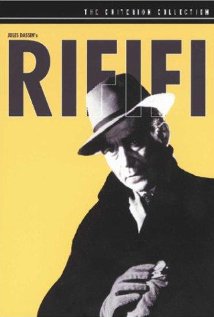 “Rififi” (1954, Jules Dassin) starts today at the Laemmle Royal in West Los Angeles. It runs through Sept. 17.
“Rififi” (1954, Jules Dassin) starts today at the Laemmle Royal in West Los Angeles. It runs through Sept. 17.
Midway through director Jules Dassin’s French crime classic “Rififi” (“Trouble”), Dassin stages a 33-minute-long masterpiece of suspense: a sequence the most critics regard as the most perfect of all movie heist scenes. It’s a brilliantly designed set-piece of excruciating tension and the only sound is the thieves at work.
Probably no one who sees that scene ever forgets it. Here it is: In the early morning hours, a small band of crooks – which include legendary bank robber Tony le Stephanois (Jean Servais), his young married friend Jo Jo (Carl Mohner), a good thief named Mario (Robert Manuel) and the loose-lipped safecracker Cesar (played by Dassin himself, under the stage name Perlo Vita) – break into an exclusive Parisian jewelry store by drilling though the floor of the room above. They work carefully, quietly, methodically. For the entire scene, there is not a word of dialogue, not a note of background music. A tour de force of moviemaking technique, it helped win Dassin the Best Director prize at the Cannes Film Festival. Later, François Truffaut called “Rififi” the greatest of all film noirs.
That heist scene also sets up the grim, fatalistic last act of “Rififi,” which is about how thieves fall apart, set in a Paris that seems shrouded in perpetual clouds and drizzling rain. “Rififi” was regarded as an almost instant classic, and it wiped out the stigma of Dassin’s blacklisting by Hollywood. If you’ve never seen this movie and that scene, you won’t forget them either. (In French, with subtitles.)





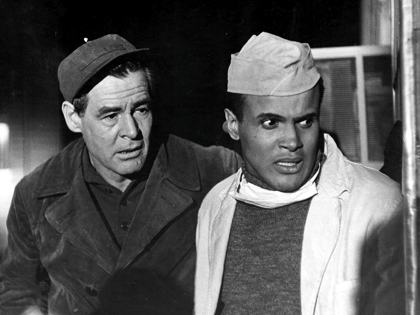
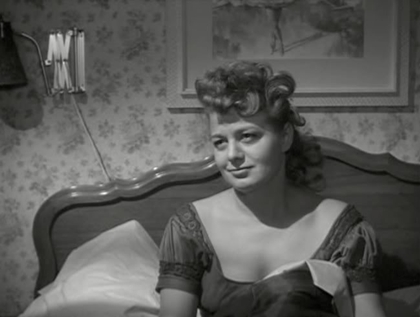
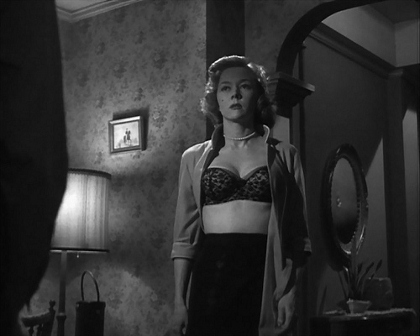
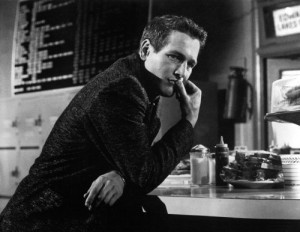
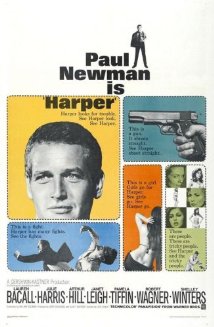
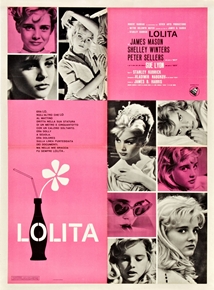

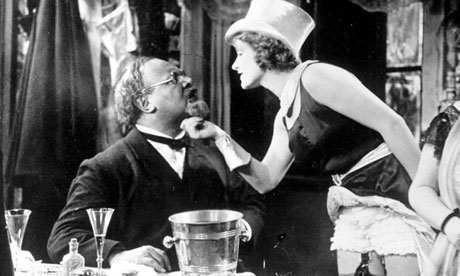

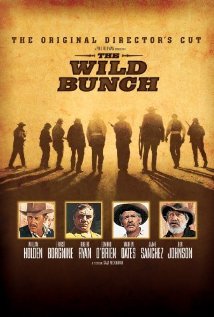
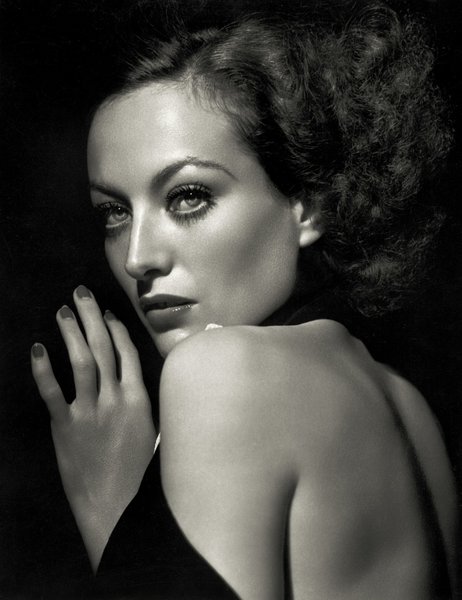
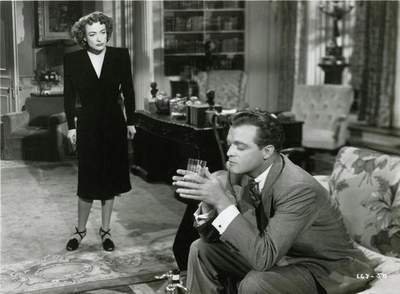
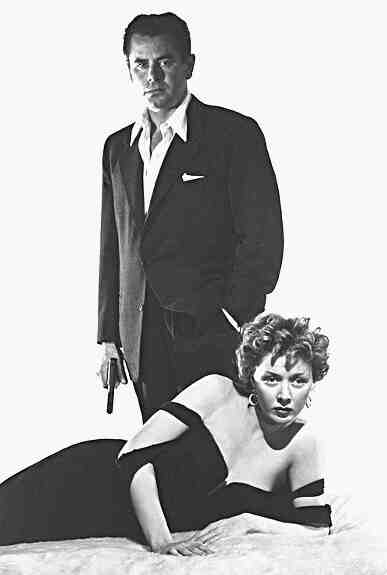
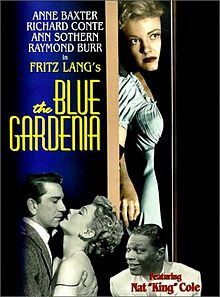
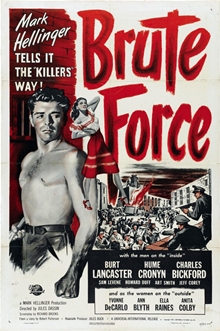
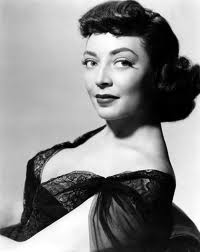
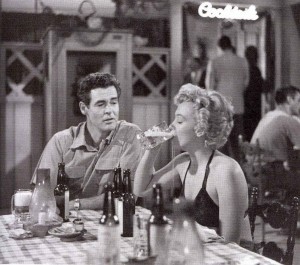
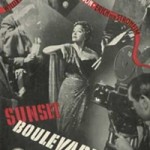
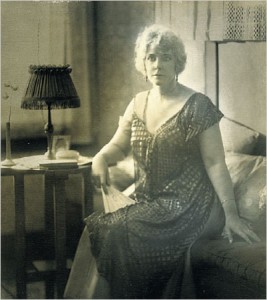
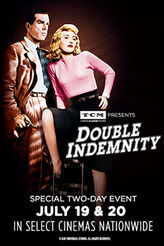
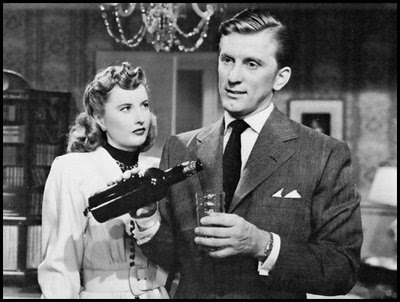
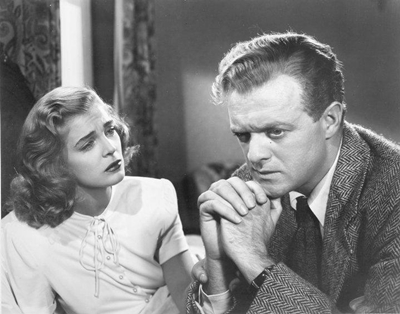
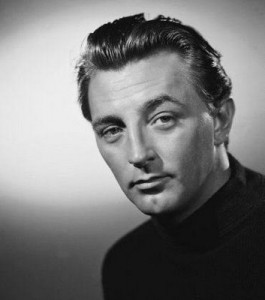
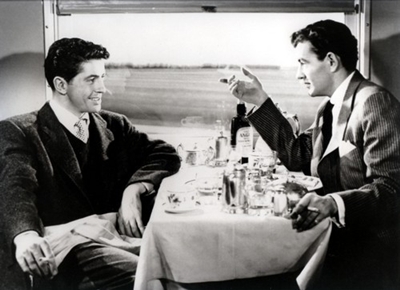
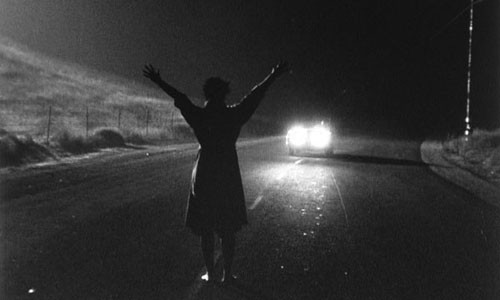
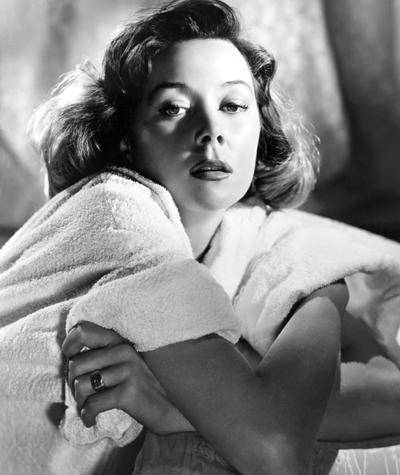
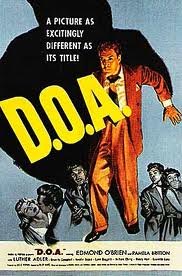
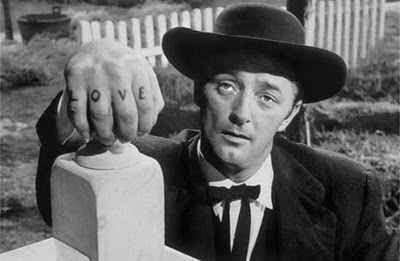





From FNB readers